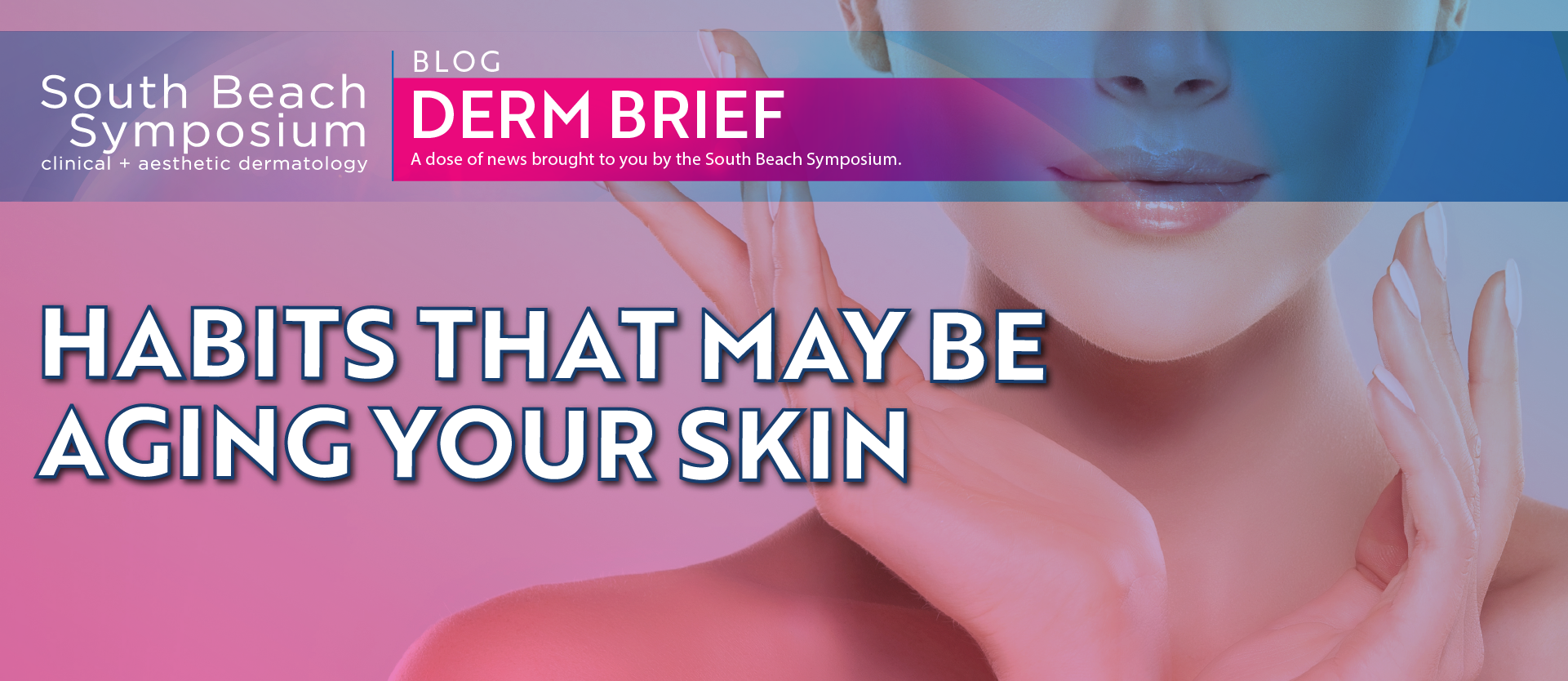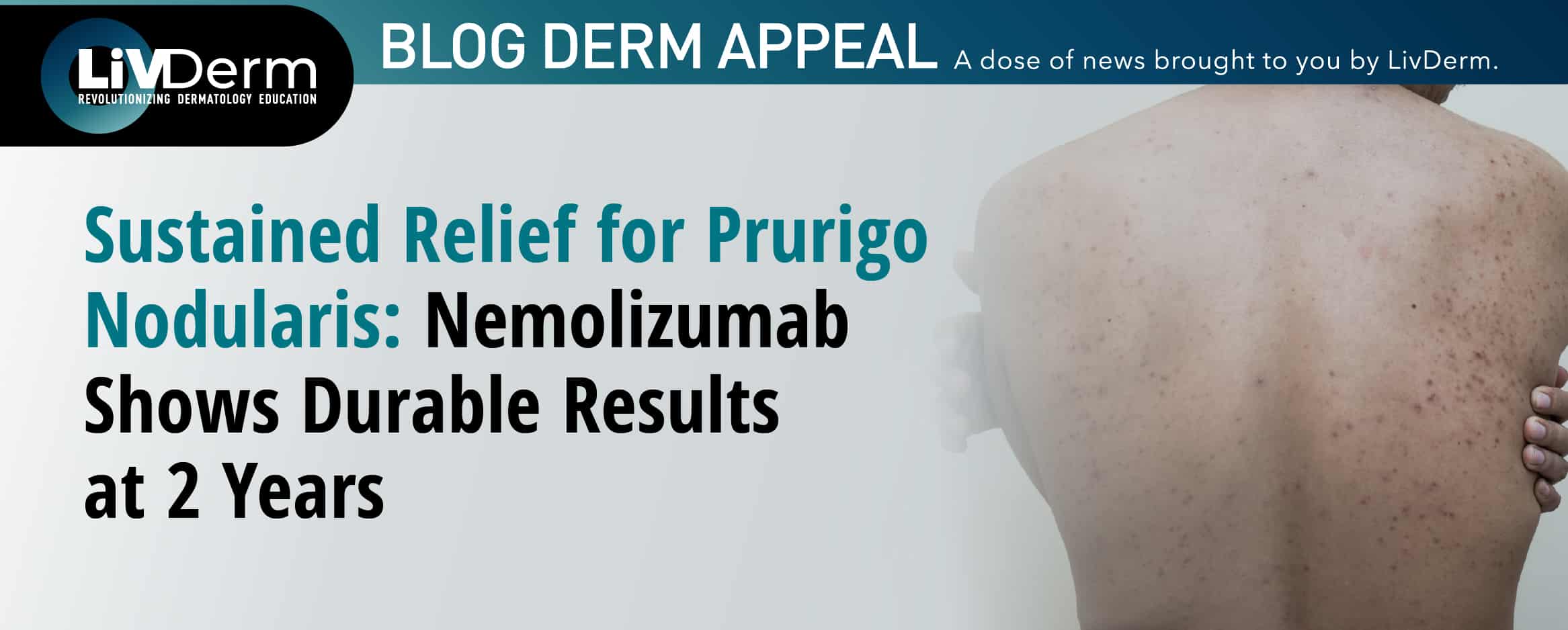Changes in skin structure and appearance are inevitable throughout the aging process. Structural rearrangements such as changing fat distribution contribute to sinking features and loosened skin: both commonly associated with aging. Parts of the face additionally lose fat volume and begin to shift downward, while other parts—like the chin—gain fat and become baggy. Wrinkles, caused by facial muscles creasing the skin, begin to appear, while finer lines related to sun damage and lifestyle habits further deteriorate the skin.
While skin aging is considered to be primarily dependent on internal factors such as genetic makeup and overall health, external factors are equally important components that contribute to premature aging of the skin. Often overlooked, our daily habits may be detrimental to skin health, and a leading cause of unwanted age-related features.
Mitigating factors that cause premature aging of the skin are key to halting this process and maintaining a youthful appearance.
Habits That Age the Skin
Poor Diet
A diet rich in highly processed and sugar-filled foods has been linked to blood glucose and insulin spikes, which can trigger low-grade inflammation on the cellular level. Refined sugar, white flour, dairy, and other inflammatory foods can contribute to the skin aging process.
Key studies have found that eating antioxidant-rich foods such as whole grains, fresh fruits and vegetables like berries, citrus fruits, and broccoli may help preserve healthy skin and prevent diet-related damage.
Alcohol Consumption
Alcohol consumption has also been linked to increased signs of aging, as alcohol dehydrates and damages the skin: ultimately making the skin look older. In addition to its detrimental effects on the liver and kidneys, alcohol use contributes to discoloration of facial skin, loss of muscle tone, and increased incidence of broken blood vessels or spider veins. Limiting alcohol consumption can prevent these unwanted changes and improve overall skin appearance.
Prolonged Sun Exposure
Excessive and prolonged exposure to the sun ultimately weakens skin cells and blood vessels, exacerbating age spots and prematurely aging the skin. Tanning relies on exposure to harmful UV rays that accelerate the aging process. Regular application of sunscreen and staying out of direct sunlight can reduce the negative effects of sun exposure while lowering the risk of developing skin cancer.
Smoking
Smoking accelerates the skin’s aging process, causing wrinkles and a dull complexion. Smokers typically develop fine lines around the mouth, deeper forehead wrinkles, and skin discoloration as a result of oxygen deprivation associated with smoking.
Repetitive Facial Expressions
Repeatedly contracting underlying muscles can cause wrinkles and lines to appear on the skin. Avoiding repetitive facial movements and expressions can make these lines less permanent, and wearing sunglasses outdoors can reduce lines associated with squinting.
Inadequate Sleep
Because the body undergoes a variety of reparative processes during sleep, it is essential to get an adequate amount of sleep each night. Lack of sleep can make it difficult for the body to restore different bodily tissues such as the skin, causing increased signs of aging.
Moreover, sleeping on the same side induces repetitive mechanical wrinkling, which further ages the skin. Ensuring sufficient sleep in varying positions is essential to maintaining skin health.
Lack of Exercise
Too little exercise can have detrimental effects on overall bodily health, as well as our skin’s appearance. Moderate exercise has demonstrated an improvement in circulation, and a boost in the immune system—alongside beneficial effects on weight management and heart health. Maintaining a regular exercise routine may have a rejuvenating effect on the skin, and help promote a youthful appearance.
While age-related changes to the skin are unavoidable, paying attention to these daily habits can help postpone premature aging and preserve younger-looking skin.
















